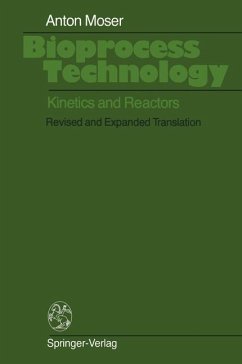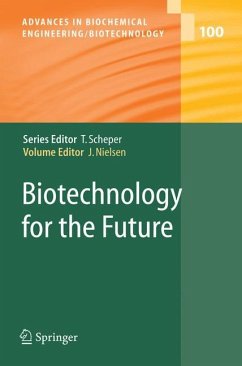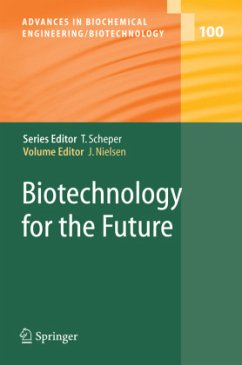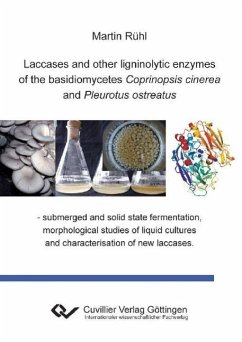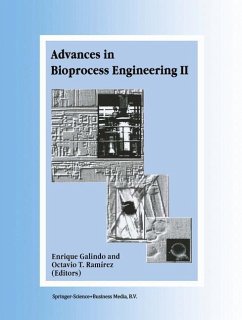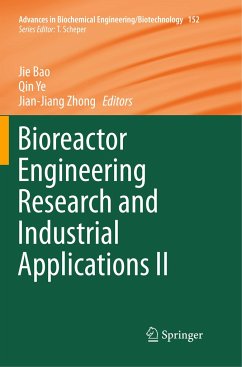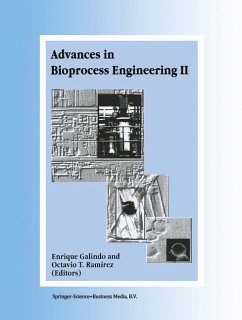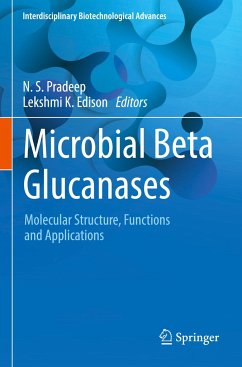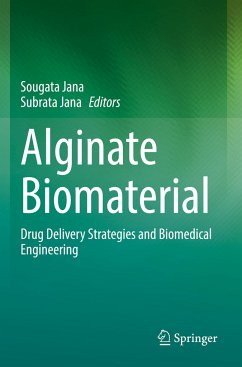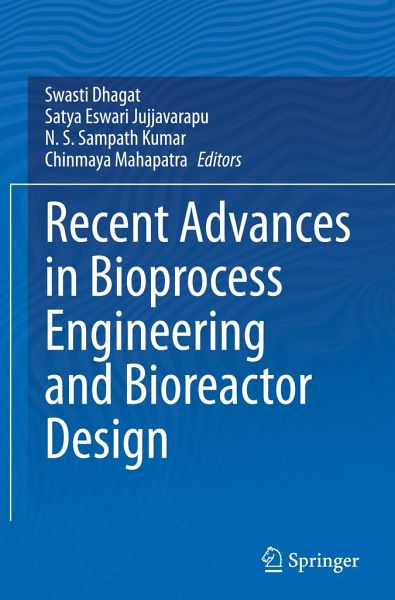
Recent Advances in Bioprocess Engineering and Bioreactor Design

PAYBACK Punkte
68 °P sammeln!
This book provides insights into the recent developments in the field of bioprocess technology and bioreactor design. Bioprocess engineering or biochemical engineering is a subcomponent of chemical engineering, which encompasses designing and developing those processes and equipment that are required for the manufacturing of products from biological materials and sources, such as agriculture, pharmaceutical, chemicals, polymers, food, etc., or for the treatment of environmental process, for example, waste water. The main focus of this book is to highlight the advancements in the field of biopr...
This book provides insights into the recent developments in the field of bioprocess technology and bioreactor design. Bioprocess engineering or biochemical engineering is a subcomponent of chemical engineering, which encompasses designing and developing those processes and equipment that are required for the manufacturing of products from biological materials and sources, such as agriculture, pharmaceutical, chemicals, polymers, food, etc., or for the treatment of environmental process, for example, waste water. The main focus of this book is to highlight the advancements in the field of bioprocess technology and bioreactor design. The book is divided into various chapters briefing all aspects of bioprocess engineering and focusing on the advances in bioprocess engineering. The book summarizes introduction to bioprocess technology and microbiology, isolation and maintenance of microbial strains, and sterilization techniques for advanced-level students and researchers. Different models depicting kinetics of microbial growth, substrate consumption, and product formation are discussed. The applications of enzymes have increased tremendously and therefore understanding their metabolic pathways to increase yields is also briefly discussed. The calculations of mass and energy balances associated with entropy changes and free energy. This book also covers the approaches for handling different types of cell cultures and current advancements in the area of bioprocess strategies for different culture types, which scientists and researchers working in the different cell cultures can refer to. The downstream processing of various industrially important products is also a part of this book. Apart from that, the process economics which ensures the feasibility and quality of any biological process is also dealt with as the last section of the book.






